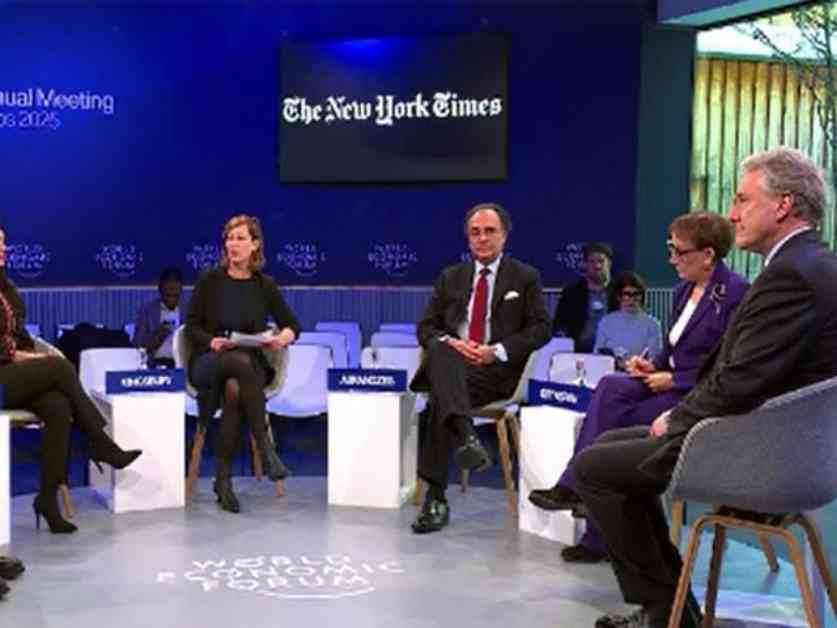Finance Minister Muhammad Aurangzeb delivered a powerful speech at the World Economic Forum in Davos, Switzerland, outlining Pakistan’s unwavering commitment to combating poverty, climate issues, and sustainable development. Amidst a backdrop of global debt challenges faced by developing economies, Aurangzeb shared Pakistan’s progress in reducing government expenditures and debt servicing, with the debt-to-GDP ratio dropping from 78% to 67%.
Pakistan’s Sustainable Development Goals
During his address, Aurangzeb underscored Pakistan’s determination to address pressing issues such as rising population, poverty, and environmental concerns while striving for sustainable economic growth. He expressed the government’s ambitious goals to tackle these challenges head-on and highlighted the country’s efforts to foster a conducive environment for development.
Partnerships and Economic Initiatives
Moreover, the finance minister shed light on Pakistan’s 10-year partnership programme with the World Bank, aimed at fostering economic growth and stability. He also unveiled plans to bolster business-to-business engagement under the second phase of the China-Pakistan Economic Corridor (CPEC), envisioning a future where Chinese companies relocate production units to Pakistan, positioning it as a potential export hub.
Collaborative Efforts for Social Impact
On the sidelines of the WEF meeting, Aurangzeb engaged in discussions with Anita Zaidi, President of Gender Equality at the Bill and Melinda Gates Foundation, focusing on joint efforts to enhance nutrition, health, and polio eradication in Pakistan. The minister reaffirmed the government’s unwavering dedication to advancing these critical initiatives through a strengthened partnership with the foundation.
As we reflect on Aurangzeb’s impactful speech and the collaborative efforts to drive positive change in Pakistan, it’s crucial to recognize the importance of international cooperation and partnerships in addressing complex global challenges. By working together towards common goals, we can create a more sustainable and equitable world for future generations. How can we each contribute to such impactful initiatives in our own communities and beyond? Let’s take inspiration from these endeavors and strive to make a difference in the world around us, one step at a time.









